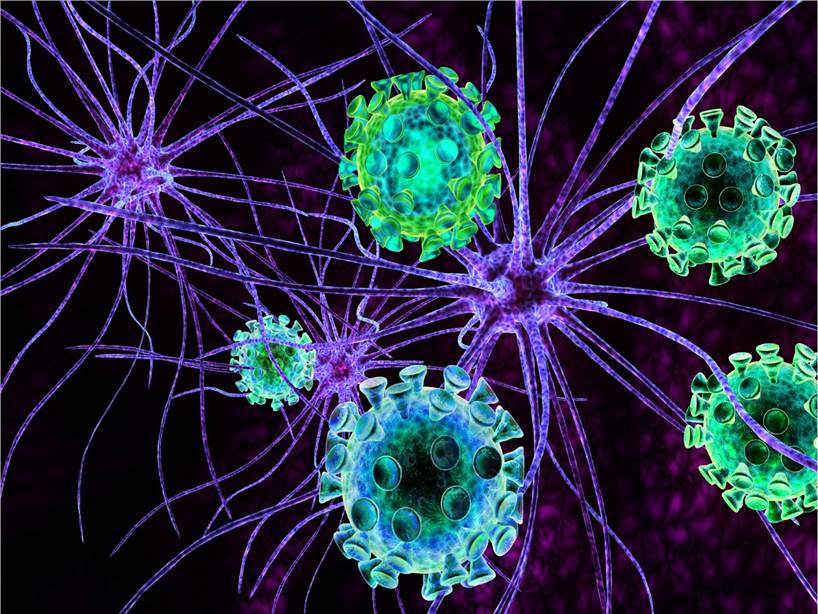Drug metabolism and pharmacokinetic (DMPK) features are frequently linked to failure during the clinical phase of novel medication development. Early pharmacokinetic (PK) studies are a crucial component of the drug discovery process because they offer a quick risk-benefit analysis of new drug development programs, direct the optimization of lead compounds and the choice of clinical candidates, increase the effectiveness of new drug development, and lower the risk of failure in late development.
Our company is a leader in the provision of pharmacokinetic services, with a knowledgeable and experienced pharmacokinetic research team and a cutting-edge platform to offer our customers quick and dependable early-stage DMPK services.
Service Overview

Our DMPK team can carry out a variety of in vitro and in vivo assays to evaluate absorption, distribution, metabolism, and excretion (ADME), as well as PK properties of drug candidates during lead discovery and optimization, subsequent preclinical candidate (PCC) nominations, and IND Enabling ADME and PK studies for new drug applications. Our team has strong credentials and experience, as well as internal collaborations with medicinal chemistry, biology, pharmacology, and oncology.
The following are the primary types of studies we conduct for early-stage DMPK studies.
- Metabolite Screening and Identification: in vitro, in vivo, GSH Trapping.
- Metabolic Stability: microsomes, S9, hepatocytes, plasma, whole blood.
- Permeability and Transport: Caco-2, MDCK-MDR1/BCRP, OATs/OCTs/OATPs.
- In Vivo PK: multiple genera, multiple delivery modes/routes.
- In Vitro Metabolic DDI: P450 inhibition/TDI, P450 induction/PXR, metabolic enzyme phenotype.
- Protein Binding: plasma, brain tissue, microsomal proteins, FBS; erythrocyte plasma distribution ratio.
Research Capabilities
Our DMPK research capabilities include, but are not limited to, the following.
| Absorption | A. Caco-2 permeability B. Transmembrane transport assays (Caco-2 drug transport assay, P-gp drug transport assay, BCRP drug transport assay, OATs/OCTs/OATPs, etc.) |
| Distribution | A. Protein binding rate (plasma/tissue/microsomes) B. Whole blood/plasma partitioning assay |
| Metabolism | A. Metabolic stability (liver microsomal stability test, S9 stability test, hepatocyte metabolic stability test, plasma and whole blood stability tests) B. Matrix stability (plasma, tissue and buffers) C. In vitro metabolite analysis and identification (metabolite speculation, corroboration; metabolic pathway speculation, corroboration) |
| Drug Interactions | A. Cytochrome P450 (CYP) inhibition (IC50 and TDI) B. P450 enzyme induction C. Enzyme phenotyping (phase I and phase II enzymes) |
| Physicochemical properties (lipophilicity, solubility testing) |
| In vitro toxicity (hERG test, Mini-Ames) |
| Rapid screening or support for IND filing |
Instrument Platforms
- Small molecule analysis instrument platforms: UHPLC-MS/MS, Thermo Q Exactive HF-X Quadrupole/Ultra High Field Fourier Transform Ion Trap High Resolution Mass Spectrometer, etc.
- Macromolecular analysis instrument platforms: MSD high-throughput multi-protein detector, Luminex liquid-phase microarray protein analysis system, nano-upgrading microfluidic immunoassay workstation, real-time fluorescence quantitative PCR system, etc.
- Sample pre-processing platforms: Lysera high-efficiency sample crusher, TurboVap high-speed sample concentrator, KingFisher Flex automatic magnetic bead extraction and purification system, etc.
- Sample management platforms: SensaTronics temperature monitoring system, Watson LIMS laboratory information management software, etc.

If you are looking for smarter, higher quality solutions that incorporate best practices, please feel free to contact us.
Related Services
It should be noted that our service is only used for research, not for clinical use.


